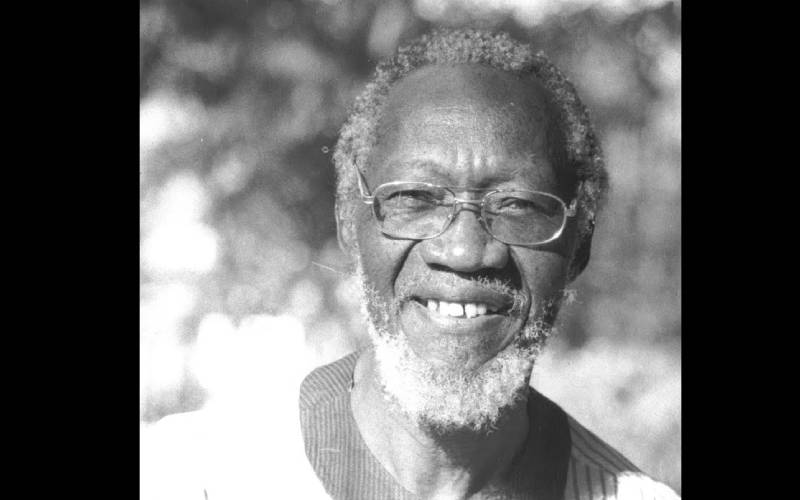×
The Standard e-Paper
Kenya’s Boldest Voice

Hilary Ng’weno, the nuclear physicist who ventured into media has breathed his last at the age of 83.
The news of Ngweno’s death spread like wildfire on the evening of 7, July 2021. He has died at a time when news travels faster than light.